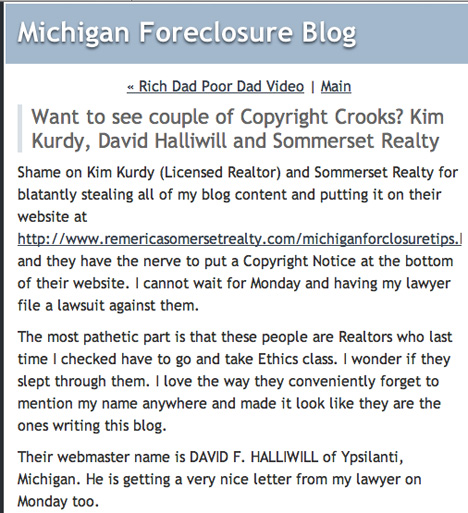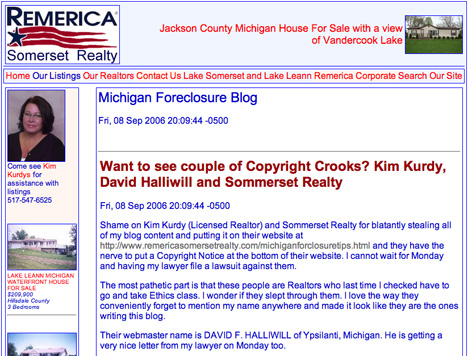In the Arizona Regional Multiple Listings Service at large, 6,170 homes sold in August against an inventory of 46,830, an implied absorption rate of 7.6 months. There are 6,185 properties listed as “Sale Pending.” All of these numbers are largely unchanged from July.
The historical numbers make it plain that we did not experience the traditional selling season, but they also make it plain that a simplistic year-over-year analysis — which we can expect from the Arizona Republic a week or more from now — is misleading.
Number of Homes Sold (with Days on Market)
March 2003 6471 67
2004 8678 60
2005 9959 36
2006 7469 58April 2003 7429 67
2004 8889 61
2005 9567 32
2006 6725 60May 2003 7428 67
2004 8932 56
2005 9853 27
2006 7582 63June 2003 7409 67
2004 9969 55
2005 10225 26
2006 7209 67July 2003 7643 64
2004 8974 51
2005 9326 25
2006 6101 70August 2003 7648 63
2004 8968 47
2005 9996 25
2006 6170 76
Prices are virtually unchanged as well. The average sales price for a closed MLS transaction in July was $332,426. For the month of August, the average was $331,266, a net loss of about 0.35%.
Note that this may not accurately reflect the Phoenix-area real estate market as a whole. All private sales and most new-home builder sales are excluded from MLS statistics. However, for MLS-represented resale homes, the month of August was virtually a repeat of July — a few more transactions taking a few more days to sell for marginally less money. If the pending sales are any indication, September may be more of the same.
Technorati Tags: arizona, arizona real estate, phoenix, phoenix real estate, real estate, real estate marketing

